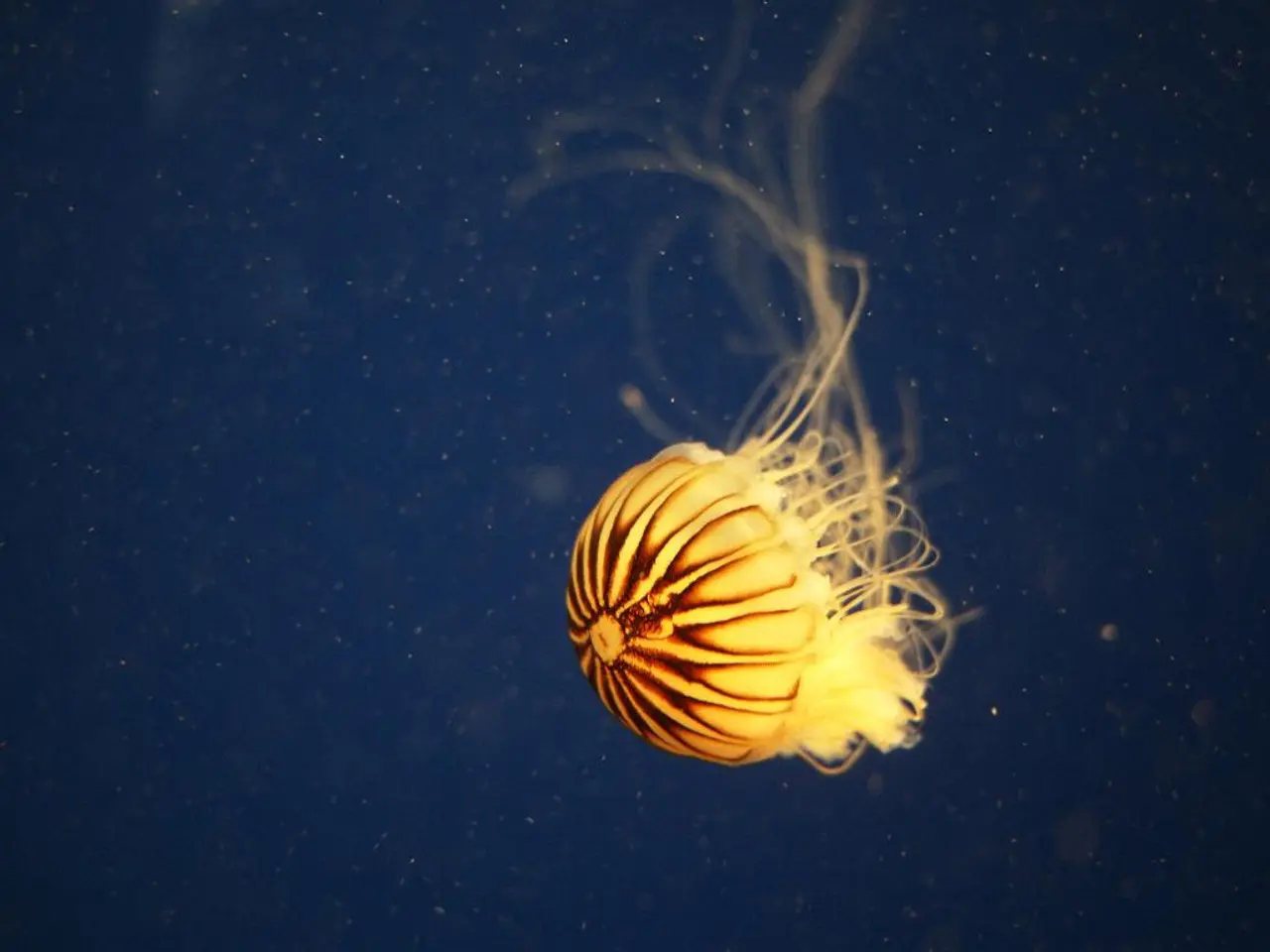State Alerts Following First Report of Brain-Eating Amoeba in Three Years
Missouri Resident Diagnosed with Rare Brain Infection Caused by Naegleria fowleri
A Missouri resident has been confirmed to have a rare and deadly brain infection caused by the amoeba Naegleria fowleri. The infection, known as primary amebic meningoencephalitis (PAM), is almost always fatal, with only four people in the U.S. having survived it according to the Centers for Disease Control and Prevention (CDC).
The Missouri Department of Health and Senior Services made the announcement on Facebook earlier this week. The patient is currently being treated in the ICU.
Infections caused by Naegleria fowleri usually occur after someone goes swimming or diving in a lake, river, or other fresh water during summer months. The infection is not contagious but is deadly. A few infections have occurred when people used tap water that contained Naegleria fowleri to rinse their sinuses or cleanse their nasal passages.
Infections often happen when it's been hot for long periods, resulting in higher water temperatures and lower water levels. Since the amoeba thrives in freshwater with temperatures between 80 and 115 degrees Fahrenheit, the rare infections could become more common as climate change warms the environment.
The Missouri patient may have been exposed to Naegleria fowleri during water activities at the Lake of the Ozarks. Recreational water users should assume that Naegleria fowleri is present in any warm freshwater across the U.S.
To reduce the risk of Naegleria fowleri infection, it is recommended to avoid jumping, diving, or submerging your head underwater in warm freshwater bodies such as lakes, rivers, ponds, hot springs, and poorly maintained or unchlorinated swimming pools and spas. If exposure is unavoidable, keep your head above water or use nose clips or pinch your nose shut to prevent water from entering the nasal passages.
Use only boiled, distilled, or appropriately filtered water for nasal irrigation or sinus rinsing, never plain tap or untreated freshwater. Avoid swimming in stagnant or warm freshwater during high-temperature periods (above 25°C or 30°C) when the amoeba thrives best. Ensure swimming pools and recreational water facilities are properly chlorinated and maintained to reduce amoeba survival.
People can reduce their risk of infection by taking precautions such as holding their nose shut, keeping their head above water, avoiding water activities when water temperatures are higher, and avoiding digging in sediment. These precautions are essential because despite the rarity of infections, PAM caused by Naegleria fowleri has a very high fatality rate.
This is the first such infection in Missouri in three years. Two of these cases occurred in Missouri, one in 1987 and another in 2022. The Missouri Department of Health and Senior Services advises anyone who has been swimming in warm freshwater and experiences symptoms such as headache, fever, nausea, and vomiting to seek medical attention immediately.
References:
- Centers for Disease Control and Prevention. (2021). Naegleria fowleri: Amoebic Meningoencephalitis. https://www.cdc.gov/parasites/naegleria/general-info/faqs.html
- Missouri Department of Health and Senior Services. (2022). Naegleria fowleri. https://health.mo.gov/living/healthcondiseases/communicable/naegleriafowleri/
- World Health Organization. (2021). Naegleria fowleri. https://www.who.int/news-room/fact-sheets/detail/naegleria-fowleri
- The Missouri Department of Health and Senior Services advises that anyone experiencing headache, fever, nausea, and vomiting after swimming in warm freshwater should seek immediate medical attention, as these could be signs of primary amebic meningoencephalitis (PAM).
- In addition to medical-conditions like PAM, climate change is also influencing health-and-wellness by potentially increasing the survival of Naegleria fowleri, an amoeba that thrives in warm freshwater.
- The Missouri Department of Health and Senior Services recommends taking precautions such as wearing nose clips, avoiding water activities during high temperatures, and properly filtering water for nasal irrigation to reduce the risk of Naegleria fowleri infection.
- In an era where mental-health is gaining more attention, it's worth noting that OCD and other neurological-disorders could potentially be influenced by environmental-science factors like climate change, as changes in temperatures and water levels could impact the survival of pathogens like Naegleria fowleri.
- With the increasing focus on fitness-and-exercise and a healthy lifestyle, it's important to stay updated on news related to climate change, as it can affect various aspects of health, including the survival of harmful pathogens like Naegleria fowleri.
- The Missouri case of Naegleria fowleri infection highlights the need for continued advancements in science, particularly in the fields of environmental-science and medical-conditions, to better understand and mitigate the effects of climate change on public health.




